Steve Albini passed away last week.
For fans of what you might call “alternative rock music” – and I cringe to think what Steve might have made of that phrase – it was a tragic announcement. A heart attack in the studio, ending his life at 61. He would have been too young at any age.
The loss is gigantic, with music losing a recording engineer who had worked with so many pivotal bands, and on so many of my favourite records. Nirvana, Pixies, PJ Harvey, most famously, but the list goes on. Thousands of albums. Jarvis Cocker and Will Oldham and The Jesus Lizard and Slint and The Stooges. An unparalleled back catalogue.
His stripped-back style of music recording has left an everlasting mark on rock music, prioritising live sound and analogue taping. His legacy feels all the more important as the industry moves forever further into digital oblivion.
In the same week that Albini left us, American musician Billie Eilish began the sale of tickets for her 2025 European tour. Tickets are somewhere in the region of £145 to £200, depending on whether you stand or sit, and what Ticketmaster’s dynamic pricing makes of the depth of your pockets. The costs are what you might call “astronomical”, in the ranks of the Stones, Swifts and Springsteens.
Steve Albini would have thought it was a hideous, exploitative amount of money. Ticket prices for his band Shellac’s now sadly cancelled summer tour were in the area of £25 per person. I’d previously seen Shellac perform three times over the last decade, once at The Lemon Tree in Aberdeen during 2017. I don’t think I paid more than £20 on any of those occasions.
If people are willing to pay expensive prices, you might ask what the problem is. Live music remains one of the best ways to compensate a band for the work they do. But, the applecart is increasingly upset in one direction – larger tours gobbling up more money. The smaller bands on the smaller circuits are left fighting over the scraps.
A “recording engineer” rather than a “producer”, Albini was an uncompromising guy. Sharp, acerbic; provocative in his younger days, which he mulled over as he aged. “A lot of things I said and did from an ignorant position of comfort and privilege are clearly awful and I regret them,” he tweeted a few years ago. But he was never shifting in his position that music was for audiences, and bands. Everyone else could, more or less, go to hell.
Gigs are more expensive than ever, while most musicians struggle to make ends meet
I remember the first time I paid over £100 for a ticket to a gig. It was to see Björk in Reykjavik; a performance in a beautiful concert hall in Harpa, adjacent to a music festival, with the Icelandic National Orchestra, soon after her album Vulnicura was released, in 2015.
Until very recently, that was the only time I paid that much to go to a concert. I’d never conceived of ever shelling out so much money for a singular performance. It was a once-in-a-lifetime opportunity, and an unfavourable exchange rate contributed to the inflated price. I jumped in and didn’t have any regrets, but certainly would not make a habit of it. It’s a lot of money.
The music industry sees and demands so much sacrifice and endeavour before its bands and artists hit the big time
The brutal reality of the music industry is that, of course, everyone below the Björk bar is struggling to make ends meet. The pandemic and inflation have further shifted goalposts, but, to an extent, it was as true in Steve Albini’s heyday as it is now.
Nirvana were already nearly megastars by the time they hired Albini to record their third album, In Utero. He still insisted their money was theirs, and not for the label, the fat cats, or him. “Paying a royalty to a producer or engineer is ethically indefensible… I would like to be paid like a plumber: I do the job and you pay me what it’s worth,” he wrote to the band.
As his career went on, he committed to helping any band who would pick up the phone to ask, often working for far less than his worth, and always taking a fee without royalties – ensuring the musicians had the best possible start, without vultures clawing away their hard work.
Everyone needs to be able to participate in music
The music industry sees and demands so much sacrifice and endeavour before its bands and artists hit the big time. Equity of treatment and pay is, therefore, fundamental to keeping things churning, both for audiences and musicians.
I keep thinking back to Shellac at The Lemon Tree, with its 550-person capacity. Steve Albini, standing there – just in front of me – in Aberdeen. Mad, right?
For those kinds of experiences to happen, everyone needs to be able to participate. Audiences need to be able to afford tickets. Bands need to be able to afford to tour. The infrastructure needs to benefit everyone, not just those at the very top.
RIP Steve.
Colin Farquhar works as a creative spaces manager and film programmer in the north-east culture sector
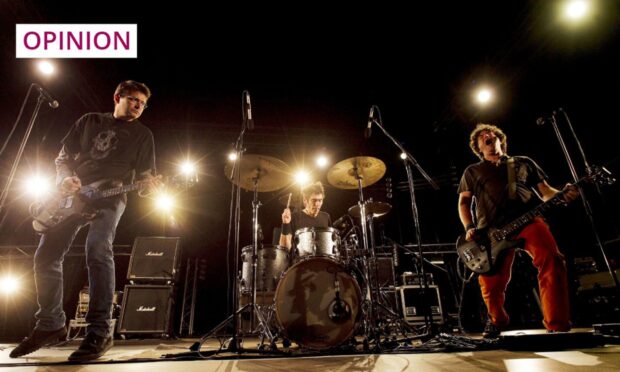
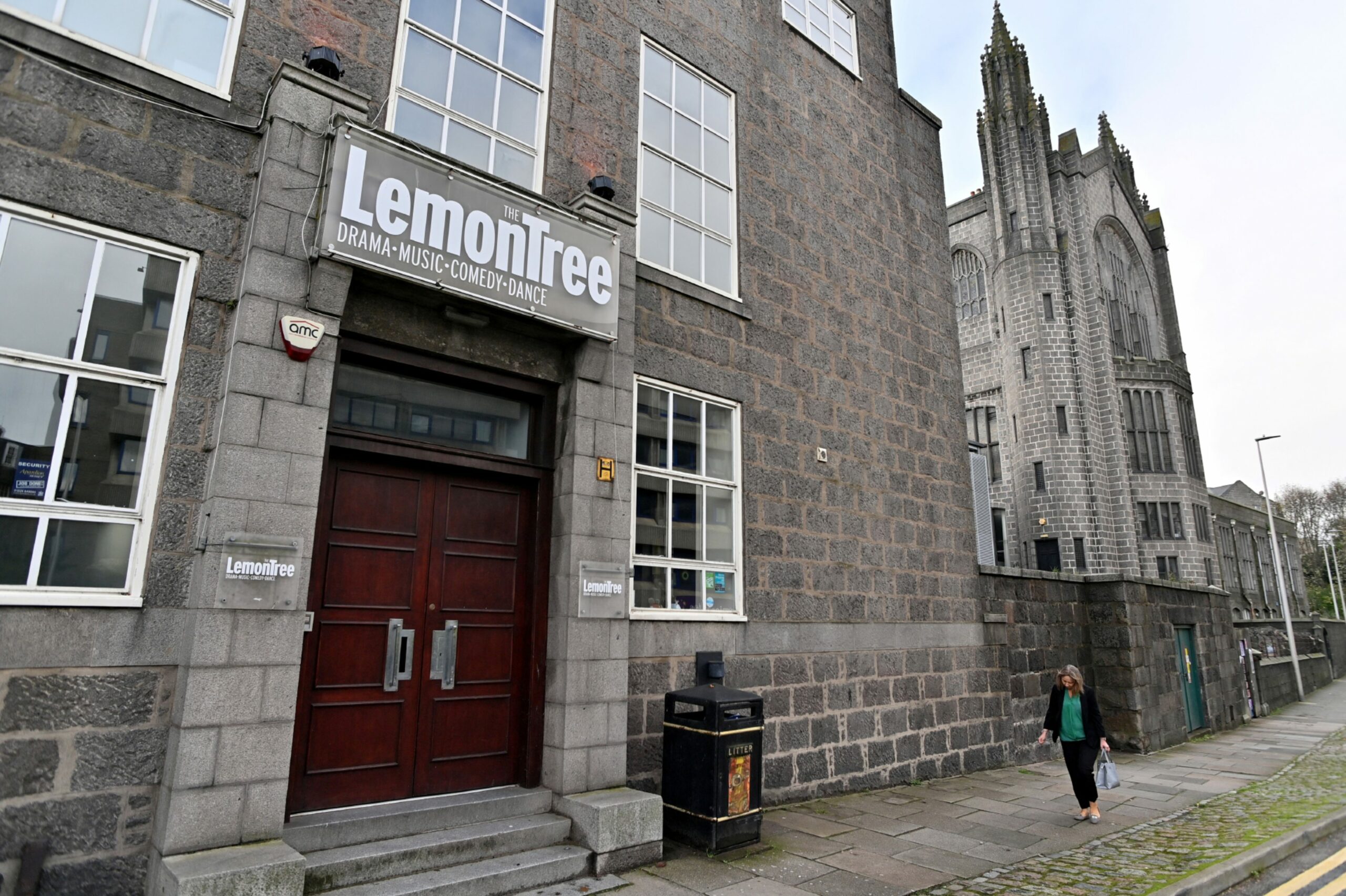
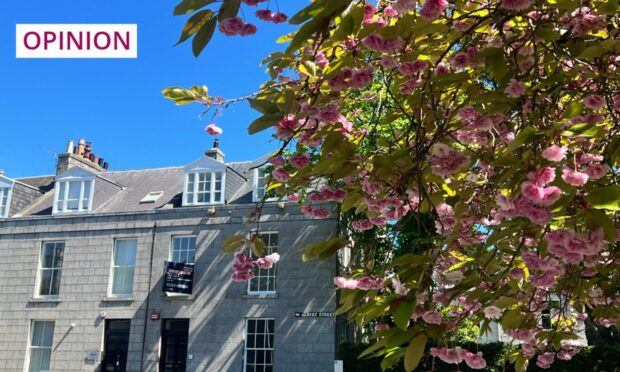
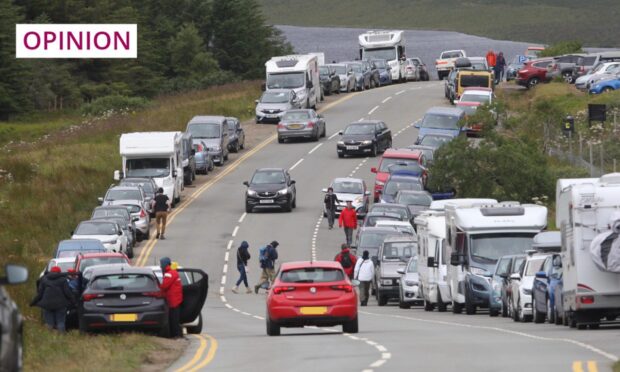

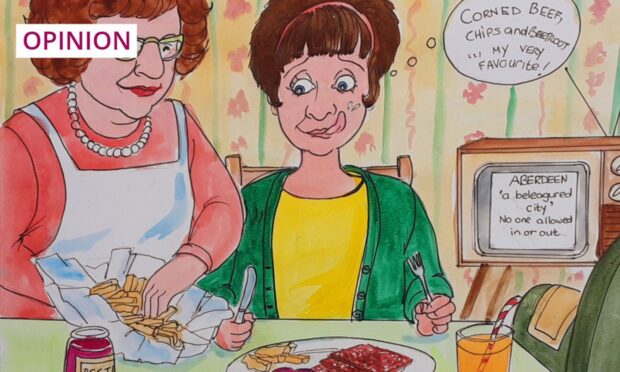
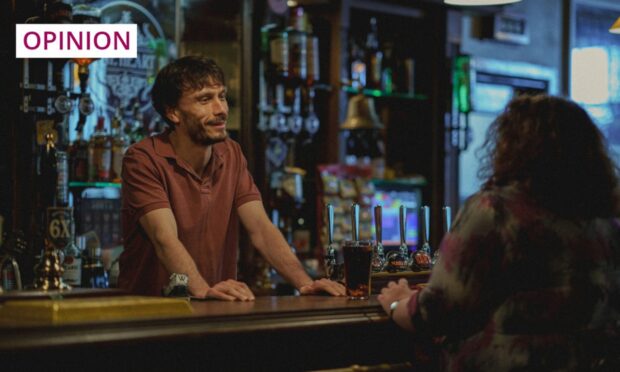
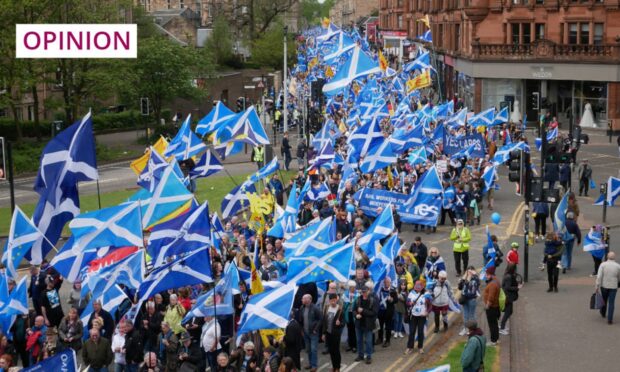
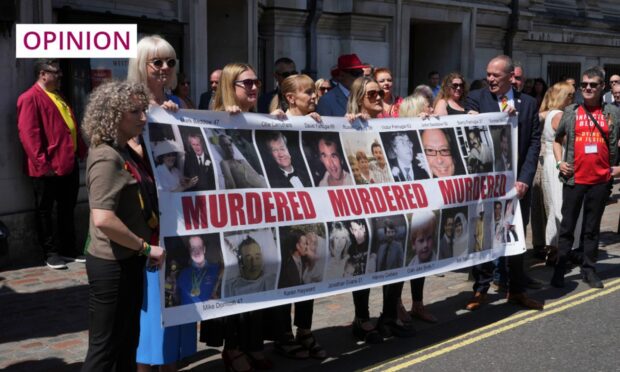
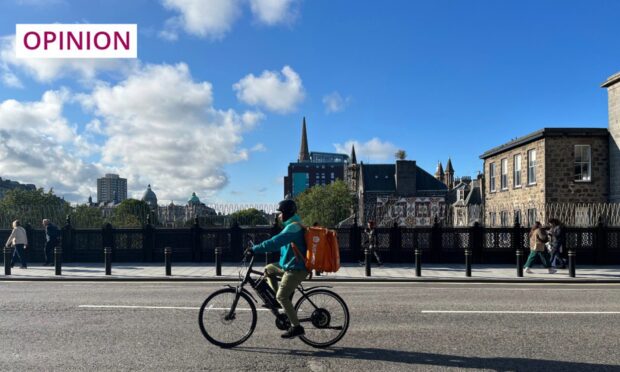
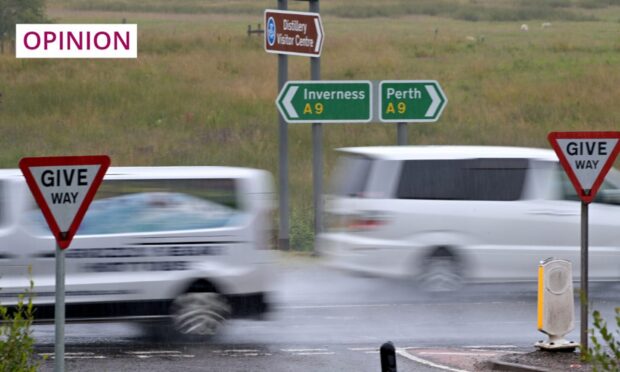
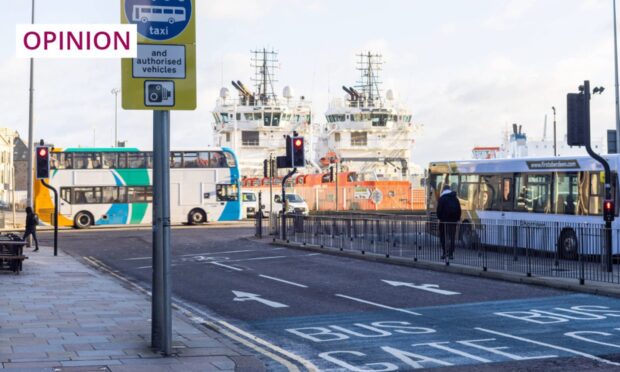
Conversation